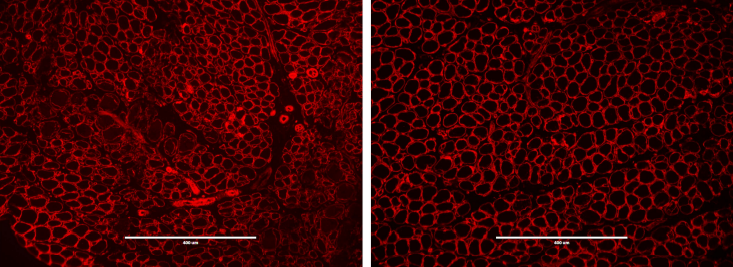Epidemiological and genetic studies have shown that disruption of the circadian clock is a factor in multiple pathologies, including metabolic disease, myopathy, and cancer. Our laboratory aims to uncover the physiological impact of the circadian clock on nutrient-responsive regulatory pathways, including oxygen-sensing transcriptional networks. Indeed, we have recently identified a key connection between skeletal muscle clocks and the hypoxia-inducible factor (HIF) pathway, which drives circadian control of the hypoxic response and glucose metabolism. The goal of our laboratory is to understand the interplay between hypoxic and circadian transcriptional pathways both at the genomic and nutrient-signaling levels, and to apply these findings to understand the role of circadian clocks in metabolic diseases such as type-2 diabetes and cancer.

